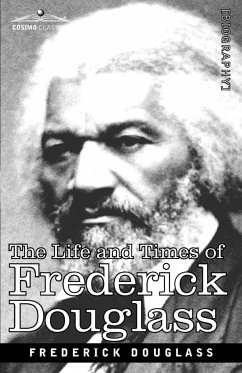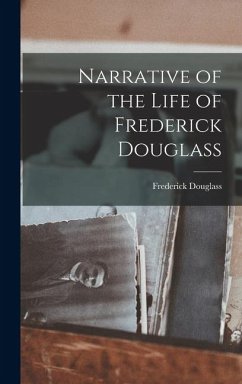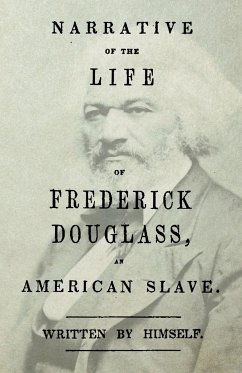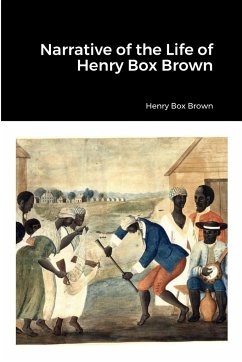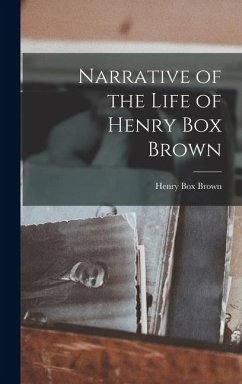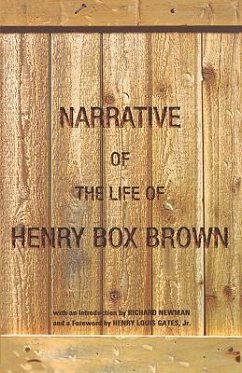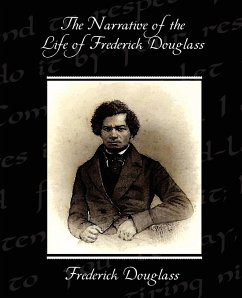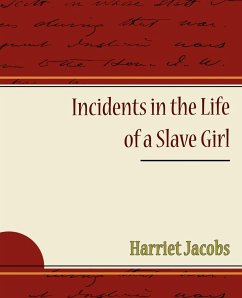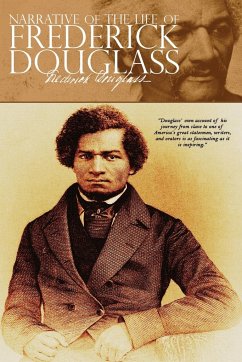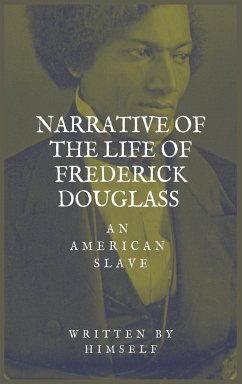
Incidents in the Life of a Slave Girl & Narrative of the Life of Frederick Douglass
Two Memoirs of Notable African-Americans During the Nineteenth Century

PAYBACK Punkte
10 °P sammeln!
The ordeals of two famous African Americans This special Leonaur edition combines the account of Harriet Ann Jacobs with that of Frederick Douglass. They were contemporaries and African Americans of note who shared a common background of slavery and, after their liberation, knew each other and worked for a common cause. The first account, a justifiably well known and highly regarded work, is that of Harriet Jacobs since this volume belongs in the Leonaur Women & Conflict series. Harriet Jacobs was born into slavery in North Carolina in 1813. Sold on as a child she suffered years of sexual abus...
The ordeals of two famous African Americans This special Leonaur edition combines the account of Harriet Ann Jacobs with that of Frederick Douglass. They were contemporaries and African Americans of note who shared a common background of slavery and, after their liberation, knew each other and worked for a common cause. The first account, a justifiably well known and highly regarded work, is that of Harriet Jacobs since this volume belongs in the Leonaur Women & Conflict series. Harriet Jacobs was born into slavery in North Carolina in 1813. Sold on as a child she suffered years of sexual abuse from her owner until in 1835 she escaped-leaving two children she'd had by a lover behind her. After hiding in a swamp she returned to her grandmother's shack where she occupied the crawl-space under its eaves. There she lived for seven years before escaping to Pennsylvania in 1842 and then moving on to New York, where she worked as a nursemaid. Jacobs published her book under the pseudonym of Linda Brent. She became a famous abolitionist, reformer and speaker on human rights. Frederick Douglass was just five years Jacobs' junior. He was born a slave in Maryland and he too suffered physical cruelty at the hands of his owners. In 1838 he escaped, boarding a train wearing a sailors uniform. Douglass became a social reformer of international fame principally because of his skill as an orator which propelled him to the status of statesman and diplomat as driven by his convictions regarding the fundamental equality of all human beings, he continued his campaigns for the rights of women generally, suffrage and emancipation. Leonaur editions are newly typeset and are not facsimiles; each title is available in softcover and hardback with dustjacket.





